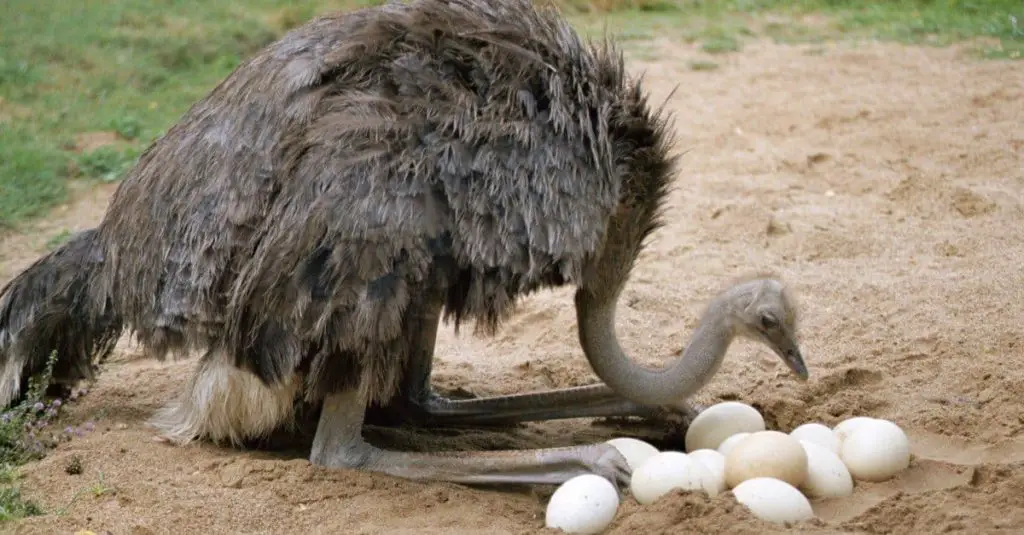Which bird lays the most eggs? It’s a question that’s fascinated bird enthusiasts and curious minds for generations. While many species of birds lay eggs, some are more prolific than others. From tiny songbirds to majestic raptors, the bird world is full of surprises.
In this article, we’ll explore some of the top contenders for the title of most prolific egg-layer, and delve into the fascinating world of avian reproduction.

The Mighty Chicken
When it comes to egg-laying prowess, there’s one bird that’s hard to beat: the chicken. These domesticated birds have been bred for their egg-laying abilities for thousands of years, and today they produce an impressive 250-300 eggs per year on average. Some breeds, like the Leghorn, can lay up to 320 eggs per year!
The Colorful Quail
Don’t let their small size fool you – quails are some of the most prolific egg-layers around. These plucky little birds can lay up to 300 eggs per year, and they start laying at just six weeks of age. Quail eggs are prized for their delicate flavor and nutritional value, making them a popular choice for gourmets and health enthusiasts alike.
The Reliable Red-winged Blackbird
While they may not be as well-known as chickens or quails, red-winged blackbirds are impressive egg-layers in their own right. These small songbirds can lay up to four eggs per clutch, and they’ll often produce two or three clutches per breeding season. That adds up to an impressive total of 10-12 eggs per year!
The Miracle of Avian Reproduction
So, how do birds manage to lay so many eggs? The secret lies in their reproductive systems. Female birds have a single ovary and oviduct, which produce and transport eggs, respectively. Unlike mammals, which have a continuous reproductive cycle, birds only produce eggs during the breeding season.
This allows them to conserve energy and resources for the important task of incubating and raising their young.
The Role of Hormones
Hormones play a crucial role in regulating avian reproduction. In females, estrogen and progesterone stimulate the development of the ovary and oviduct, while testosterone triggers courtship behavior in males. When the breeding season arrives, a surge of hormones triggers the release of eggs from the ovary and their journey down the oviduct.
FAQs
Can birds lay eggs without mating?
Yes, but the eggs won’t be fertilized and won’t develop into chicks.
Do all birds lay eggs?
No, some species of birds, like vultures and some parrots, do not lay eggs.
How long does it take for a bird to lay an egg?
It varies depending on the species, but most birds take around 24-48 hours to produce an egg.
Conclusion
The question of which bird lays the most eggs is a complex and fascinating one. While the chicken may be the undisputed champion of egg-laying, there are plenty of other contenders in the bird world. From the plucky quail to the unassuming red-winged blackbird each species has its own unique adaptations that allow it to lay and incubate its eggs successfully.
Understanding the science of avian reproduction can help us appreciate these marvels of nature even more. Whether you’re a bird enthusiast or simply curious about the natural world, the topic of which bird lays the most eggs is sure to pique your interest.
So, next time you see a bird flitting about in the trees, take a moment to consider the remarkable process that brought it into existence – and the amazing eggs that it may be producing. Who knows, you may even spot one of the prolific egg-layers we’ve highlighted in this article!